Stranded on the EU’s doorstep, Chechen asylum seekers are stuck in ‘Europe’s last dictatorship’
In a November report it was estimated that between 1,500 and 2,000 people were stranded in Brest, hoping to reach Poland
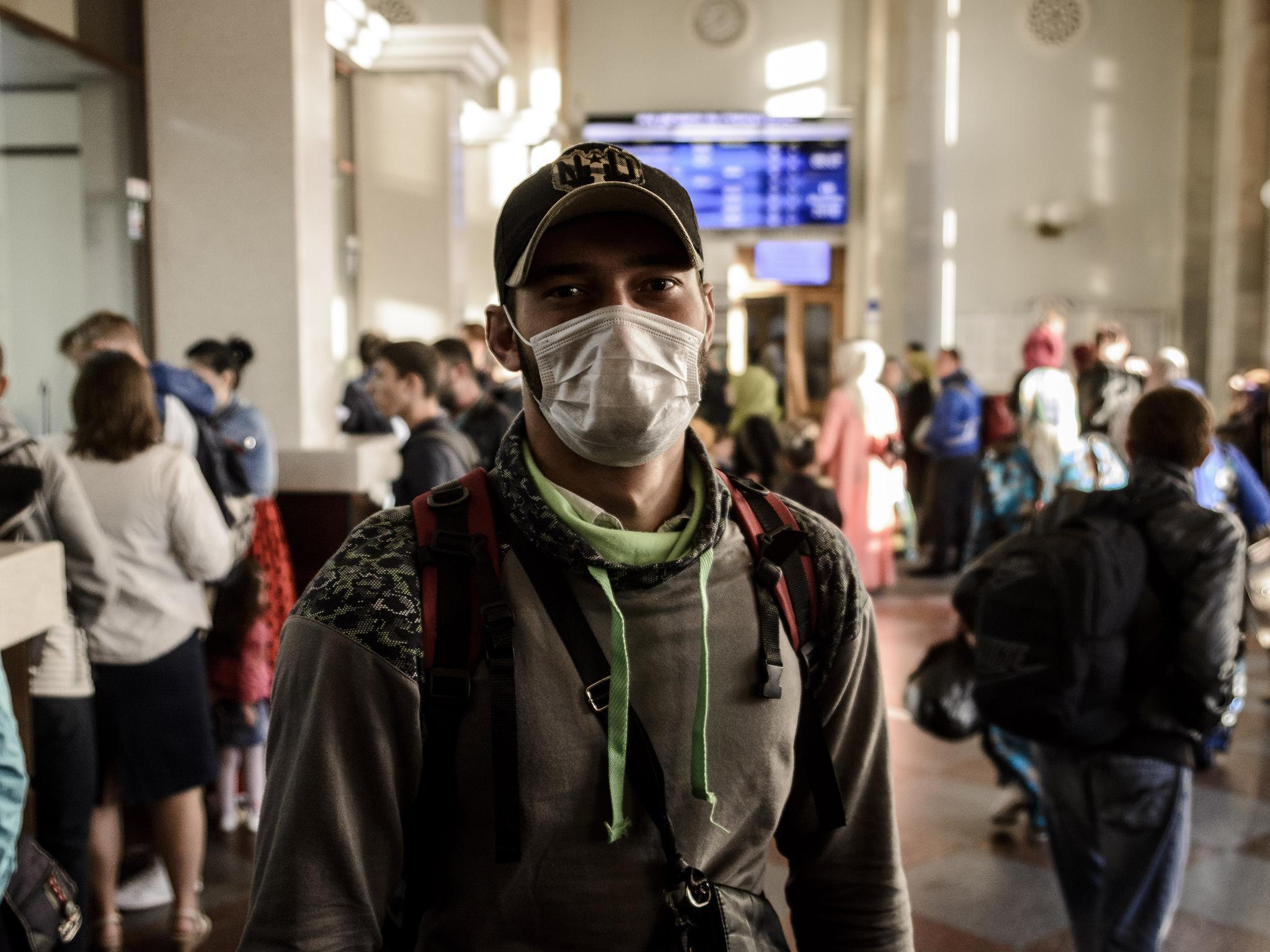
Your support helps us to tell the story
From reproductive rights to climate change to Big Tech, The Independent is on the ground when the story is developing. Whether it's investigating the financials of Elon Musk's pro-Trump PAC or producing our latest documentary, 'The A Word', which shines a light on the American women fighting for reproductive rights, we know how important it is to parse out the facts from the messaging.
At such a critical moment in US history, we need reporters on the ground. Your donation allows us to keep sending journalists to speak to both sides of the story.
The Independent is trusted by Americans across the entire political spectrum. And unlike many other quality news outlets, we choose not to lock Americans out of our reporting and analysis with paywalls. We believe quality journalism should be available to everyone, paid for by those who can afford it.
Your support makes all the difference.Polish border authorities are coming under fire for routinely denying entry to large numbers of asylum seekers from the former Soviet Union who are stranded in Belarus as they attempt to enter the European Union. Hundreds of citizens of Russia, Tajikistan, and Georgia have been stranded in the western Belarusian city of Brest as they attempt daily crossings by train to the Polish city of Terespol in the EU, a recent Human Rights Watch (HRW) report maintains.
Many who have been denied entry after multiple attempts to be granted international protection say they are fleeing political persecution in their home countries. One 35-year-old Chechen asylum seeker travelling with his wife and children described trying to enter Poland from Brest as “Groundhog Day.” “The same thing happens every time,” he said, after being denied entry to the EU by Polish border guards five times. “I start every interview [with Polish border authorities] by saying that my life is in danger [in Chechnya] because I’m a journalist,” Marcus, who spoke under a pseudonym, said.
“They keep asking why I don’t have a visa… I cite international law and procedure, asking them to take me to a camp to process my [asylum] request. They [Polish officials] tell me they can’t do anything but it’s the Immigration Services. I ask them [Polish officials] how I can get to there [Office of Foreigners] but they just give me my passport back and hand me a paper stating I was denied entry.”
HRW’s report comes on the heels of a series of similarly damning assessments of Poland’s border authorities in Terespol. Among concerning allegations, an August inspection by Poland’s Commissioner for Human Rights concluded that border guards did not allow foreigners to apply for international protection even when they showed “that they were persecuted in the country of origin.”
A November report by the Helsinki Foundation for Human Rights titled “A Road to Nowhere”, estimated that between 1,500 and 2,000 were stranded in Brest in the hopes of crossing to Poland. Helsinki Foundation researchers also found that Polish border guards also denied entry to foreign nationals who intended to apply for asylum.
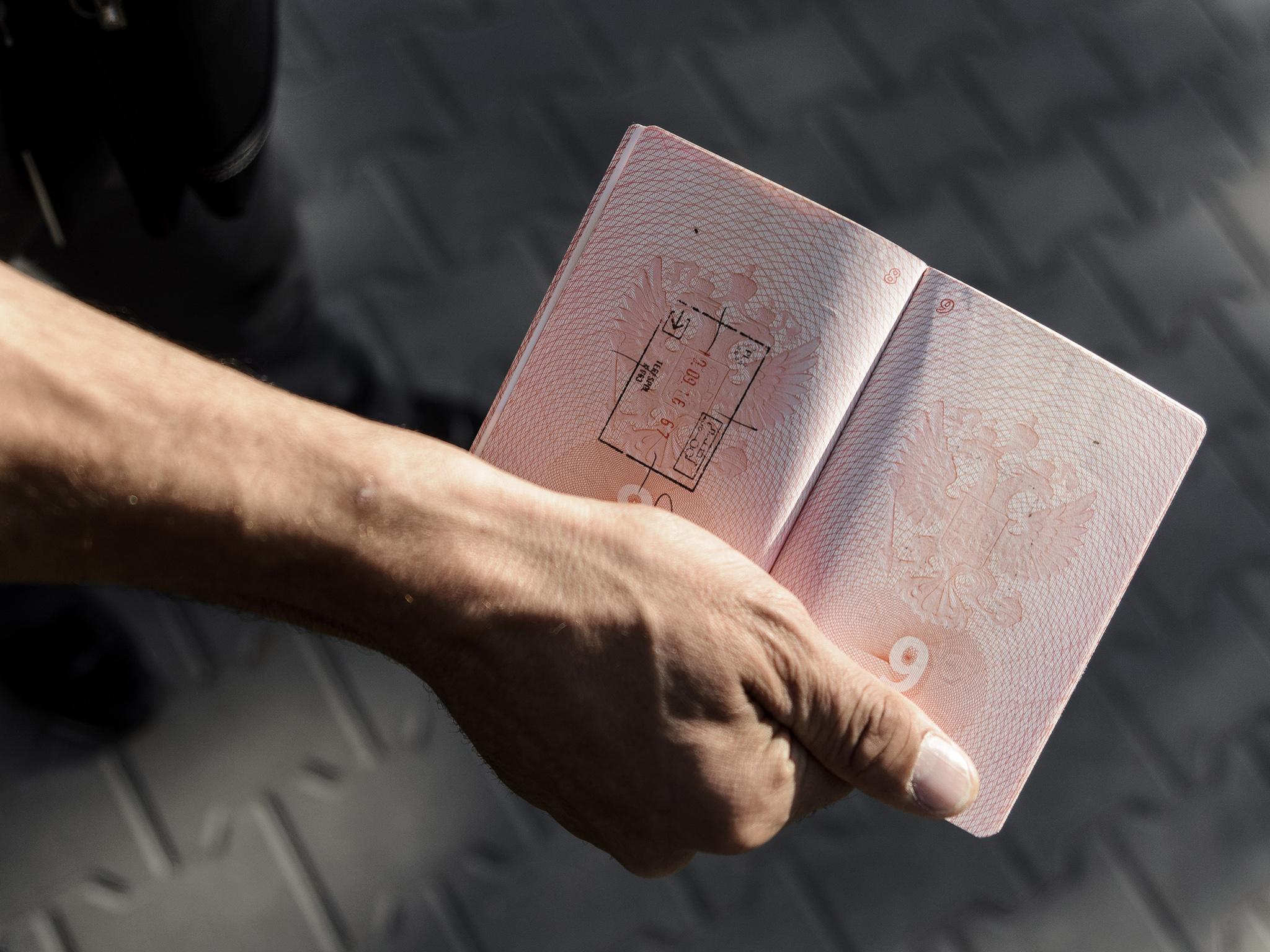
“Border Guard officers tend to substantiate such refusals by invoking the absence of a foreign national’s valid entry visa or another title of their legal stay in Poland,” their report said.
“A lack of visa cannot be regarded as an excuse to reject an asylum-seeker,” Rafal Kostrzynski, head of the UN agencies for refugees, told The Independent this week.
“Poland – as a signatory to the 1951 Refugee Convention – is obliged to give people in need of international protection unrestricted access to procedures and territory. This right to asylum is also reflected in the Polish and EU laws,” Kostrzynski added.
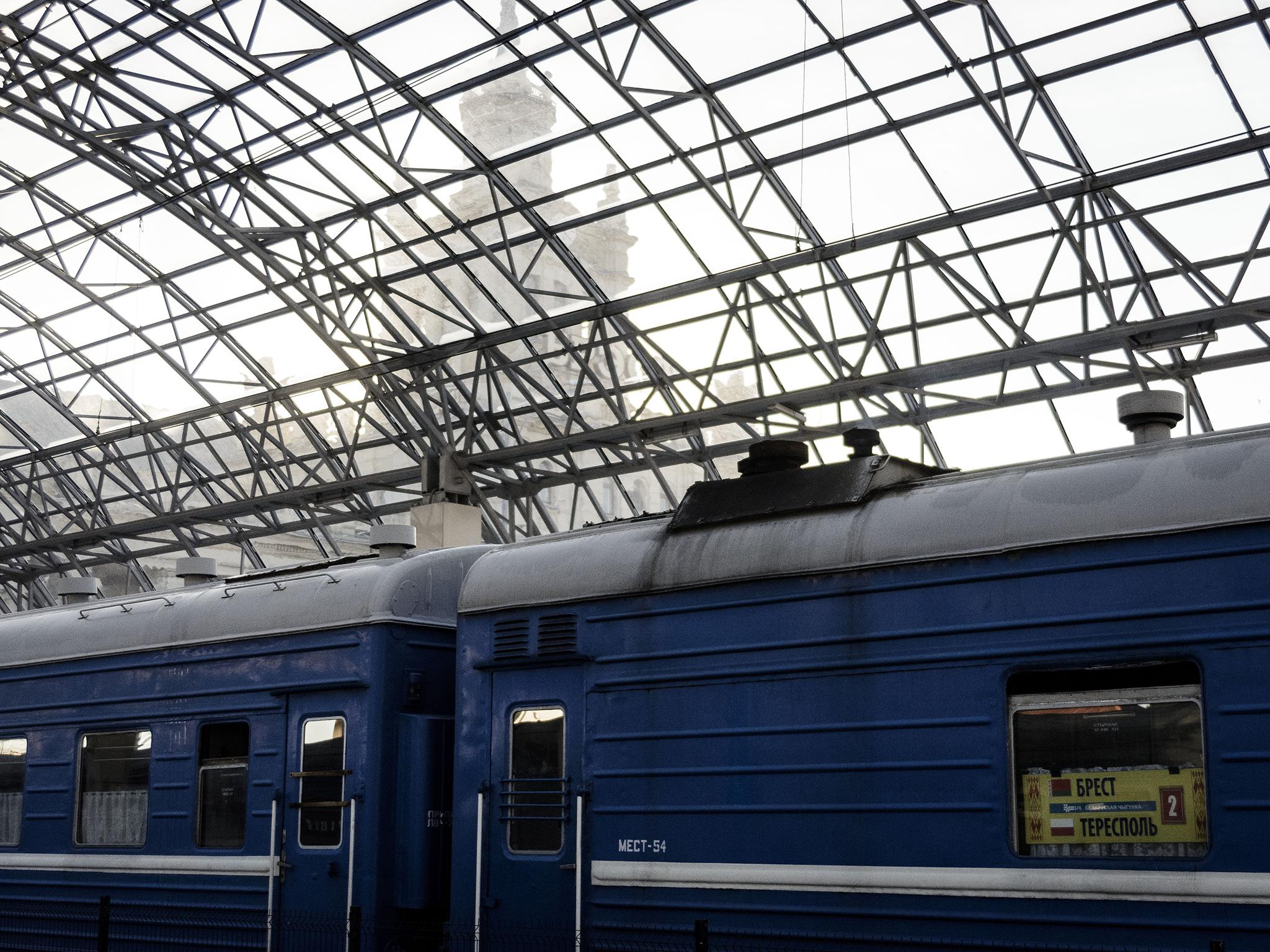
“Poland is putting people in danger by denying them access to its asylum process and returning them to Belarus, where they can’t get protection,” said Lydia Gall, Balkans and Eastern Europe researcher at HRW. “Trapping families and others at the Belarus border and refusing to hear their asylum claims is no way for an EU state to behave.”
In 2016, 118,202 people were denied entry to Poland, according to the Polish border guard. That number was up from 53,000 on 2015. Almost 100,000 were denied for not having visa. The top three nationalities denied entry were Russians mostly of Chechen origin (75,899), Ukrainians and Tajiks. Of over 12,000 asylum applications filed in Poland, just 258 were accepted.
Poland’s right-wing Law and Justice Party has positioned itself as staunchly anti-immigrant since it came to power in November 2015. At the height of the crisis last year, Poland’s interior minister told national TV that the Polish border was “closed”.
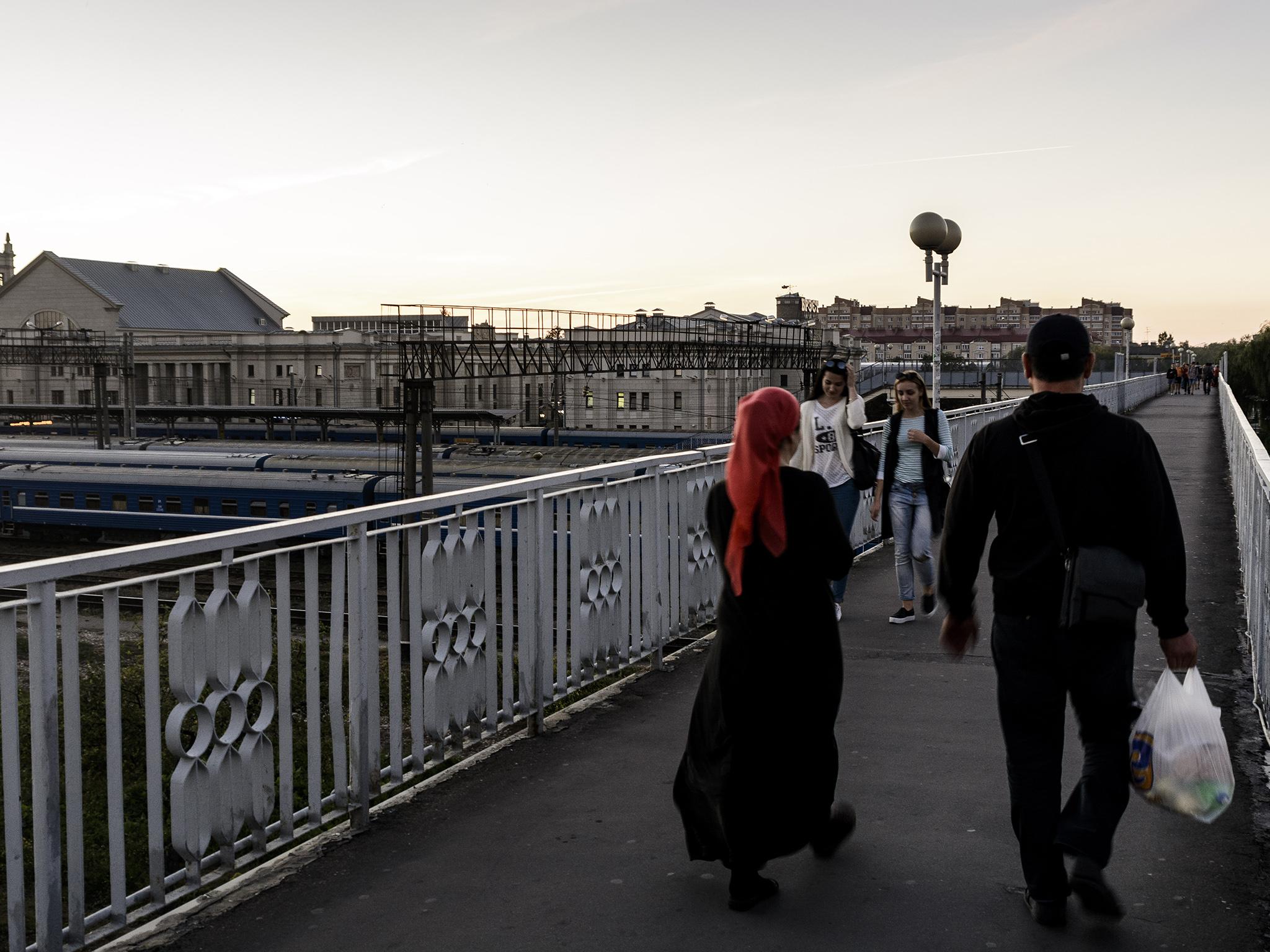
“Personally, I think that this looks like another attempt to create a new migration route, an inflow of Muslims to Europe,” Mariusz Blaszczak said.
Mikita Matsiushchankau, a legal consultant with a rights group on the ground in Brest called Human Constanta, does not anticipate an easy resolution to the situation any time soon. “In six months of Human Constanta’s work with the issue have shown that the situation is not going to be resolved easily,” he told The Independent.
Since his organisation began supporting asylum seekers in Brest, local and international rights groups have recorded recorded routine violations of international law at Terespol, Matsiushchankau said. “But the government is not concerned about this situation,” he said.
“A few judicial decisions might remind Poland of its human rights obligations. Until this happens, we and our partners just have to carry on with our work.”
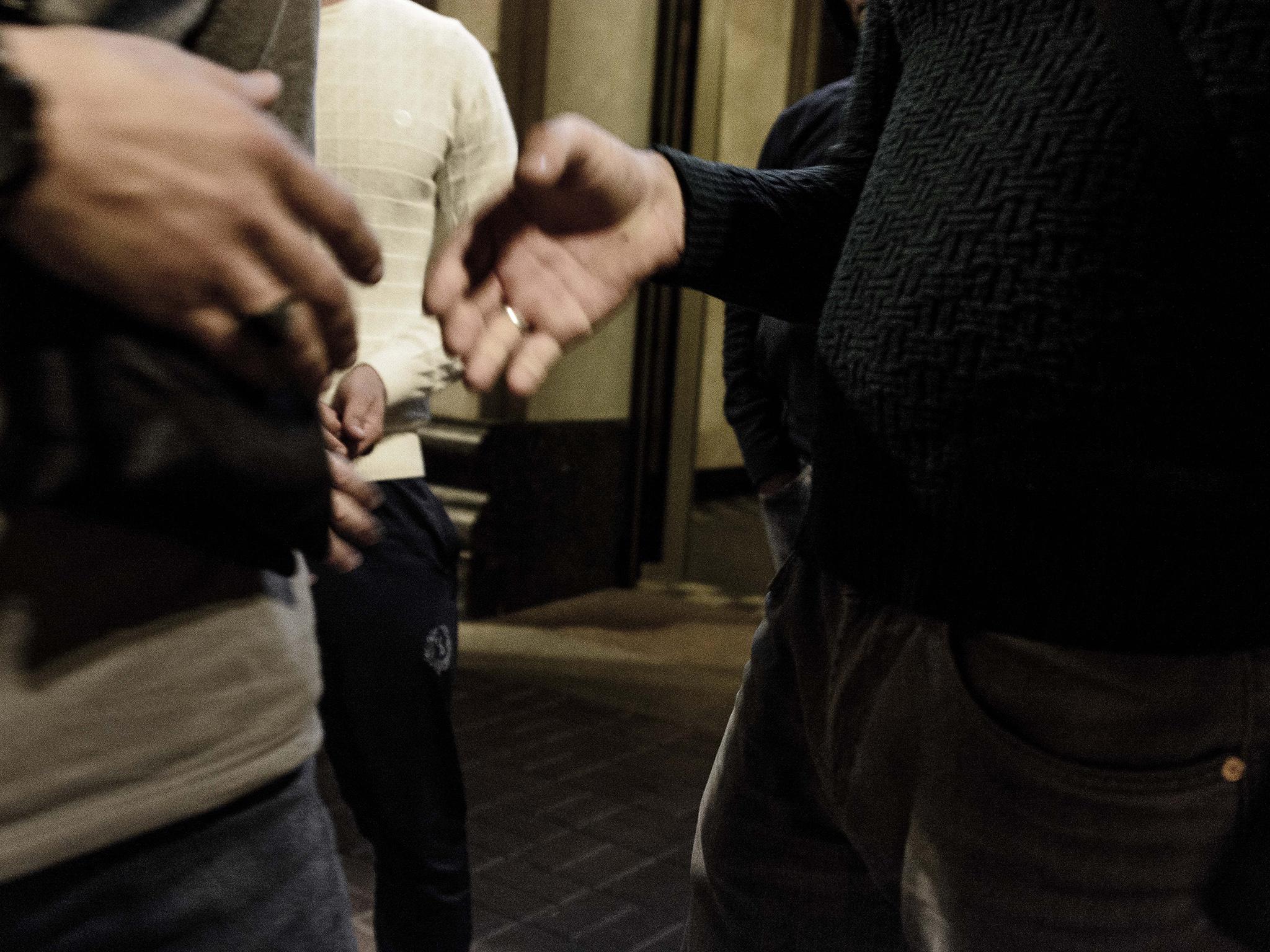
Asylum seekers hoping to cross into Poland are afraid to linger in Belarus, a country which has earned the unfortunate nickname of “Belarus’ last dictatorship”, under the decades-long rule of President Alexander Lukashenko. HRW noted in its report that even though Belarus has provisions in law for an asylum, “in practise [Belarus] does not offer meaningful protection”.
Belarusian state TV aired a report last year showing a 22-year-old Chechen man being arrested on suspicion of terror charges in a joint operation conducted by Russian and Belarusian special forces. Citing the news report, those fleeing repressions at home fear the long arm of the former Soviet Union’s repressive governments extends to Brest.
Ramzan Kadyrov, the Chechen President who has ruled with an iron first for almost a decade, has stirred fears among Chechens en route to the EU who say they are fleeing political persecution in the North Caucasus republic.
“I know about all the sites, every social media account of Chechens who are living in Europe, be it a page on Instagram, Facebook or any other social media,” the Chechen strongman said recently. “We know who you are – today you may not answer [for every word], but tomorrow you will... you are in our hands.”
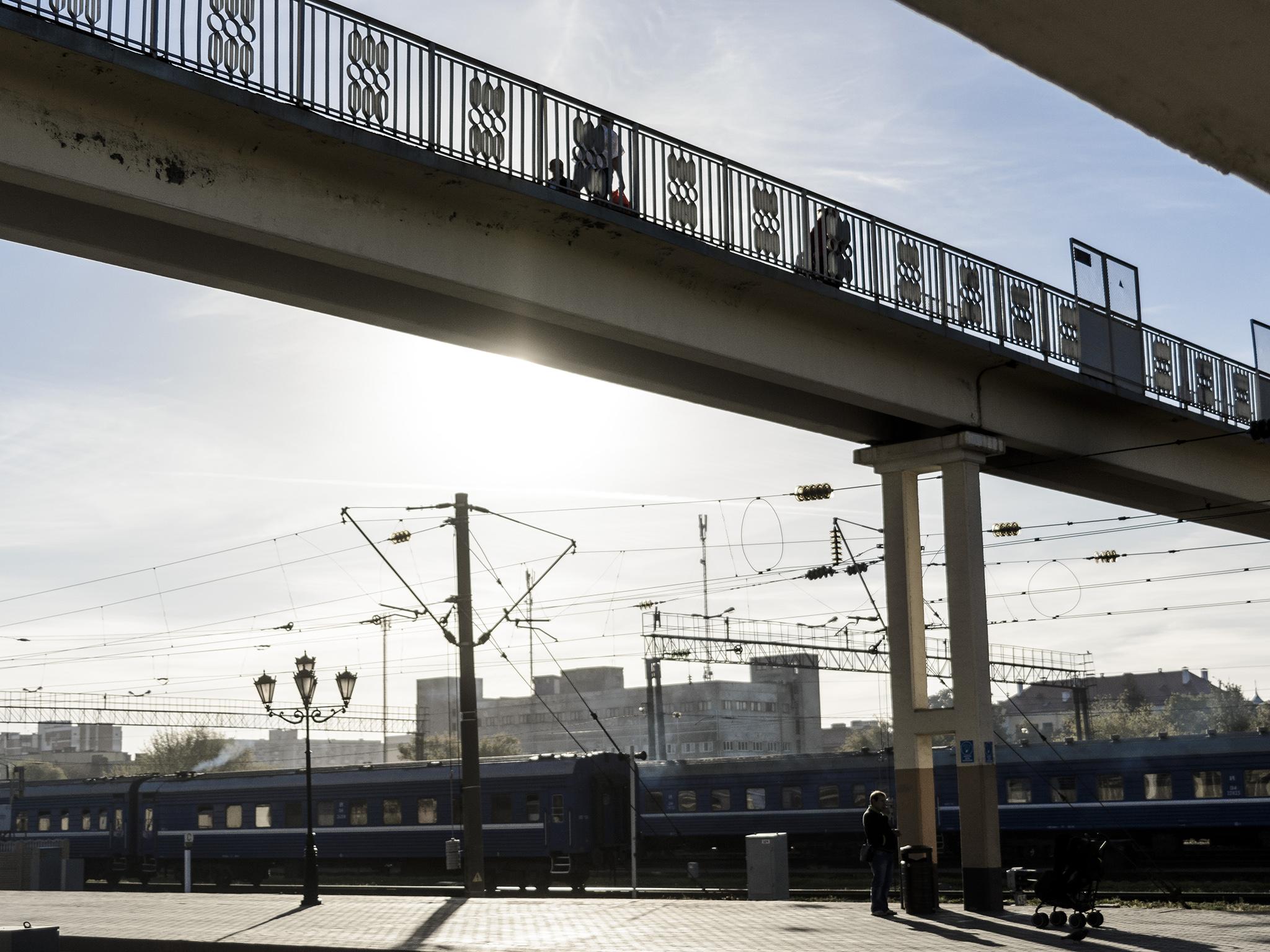
Before parliamentary elections in Russia last year, HRW wrote in a report titled “Like Walking A Minefield” that Kadyrov had gradually “built a tyranny” in Chechnya.
“Even the mildest expressions of dissent about the situation in Chechnya or comments contradicting official policies or paradigms, whether expressed openly or in closed groups on social media, or through off-hand comments to a journalist or in a public place, can trigger ruthless reprisals.”
For those fleeing political or religious repression in Russia’s North Caucasus Central Asia, time is of the essence. Staying in Brest, and travelling to the border, is an unsustainable financial burden for many.
For one woman from Tajikistan, who identified herself to HRW as Asya, time had run out. After failing to claim asylum in Poland 29 times with her husband and three children, they had just one day left to remain in Belarus legally.
“Every time, we told the Polish [border guards] that my husband is a member of the Islamic Renaissance Party [persecuted by Tajik authorities] and that if we go back to Tajikistan he will be jailed for life. They don’t listen to us.”
Join our commenting forum
Join thought-provoking conversations, follow other Independent readers and see their replies
Comments